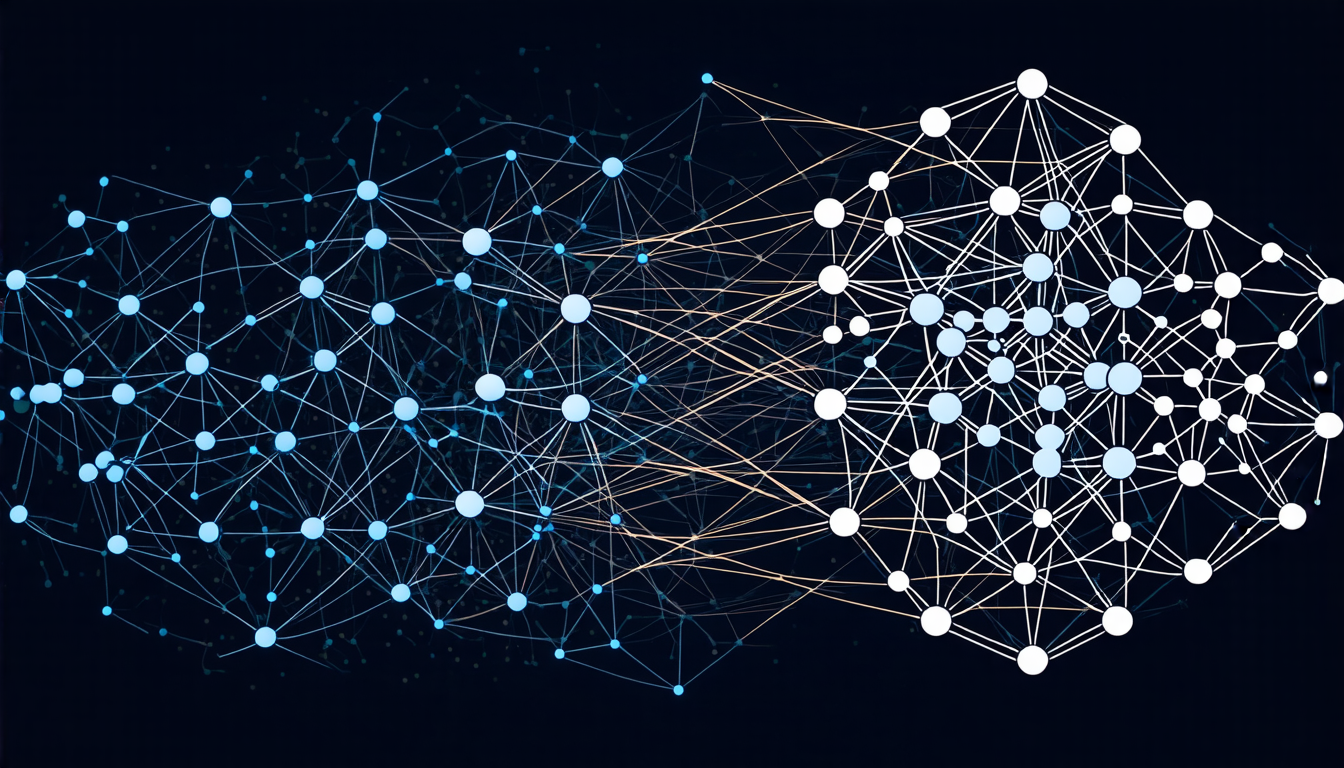Sunday 23 November 2025
Scientists have been working on developing a new tool that can predict how drugs will behave in the body, and it’s making some exciting progress.
Pharmacokinetics is the study of how our bodies absorb, distribute, and eliminate medications. It’s crucial for understanding how effective a drug will be, and what side effects might occur. Currently, scientists rely on complex models and simulations to make these predictions, but they’re limited in their ability to accurately account for the many variables at play.
A team of researchers has been working on developing a new approach that uses artificial intelligence to learn from large amounts of data about how drugs interact with our bodies. By analyzing patterns and relationships in this data, the AI system can generate predictions about how a given drug will behave.
The key innovation here is the use of graph neural networks (GNNs). These are special types of AI algorithms that are designed specifically for working with complex systems that involve many different components interacting with each other. In this case, the GNN is learning to represent the interactions between drugs and our bodily systems as a kind of graph – a network of nodes and edges that show how these components relate to each other.
The researchers tested their system using a large dataset of information about various drugs and how they interacted with different body systems. They found that the GNN was able to make accurate predictions about drug behavior, even in cases where traditional models struggled.
This technology has the potential to revolutionize the field of pharmacokinetics. With the ability to quickly and accurately predict how a given drug will behave, scientists will be able to design new medications more efficiently, and doctors will have better tools for choosing the right treatment for their patients.
The researchers are already working on expanding their system to include more types of data, such as information about the molecular structure of drugs. This could allow them to make even more accurate predictions, and to explore entirely new areas of research.
Overall, this is an exciting development that has the potential to change the way we approach drug discovery and treatment. As scientists continue to refine and expand their system, we can expect to see some truly innovative breakthroughs in the years ahead.
Cite this article: “Predicting Drug Behavior with AI: A Game-Changer for Pharmacokinetics”, The Science Archive, 2025.
Ai, Pharmacokinetics, Drugs, Body Systems, Graph Neural Networks, Gnns, Data Analysis, Prediction, Medicine, Treatment







